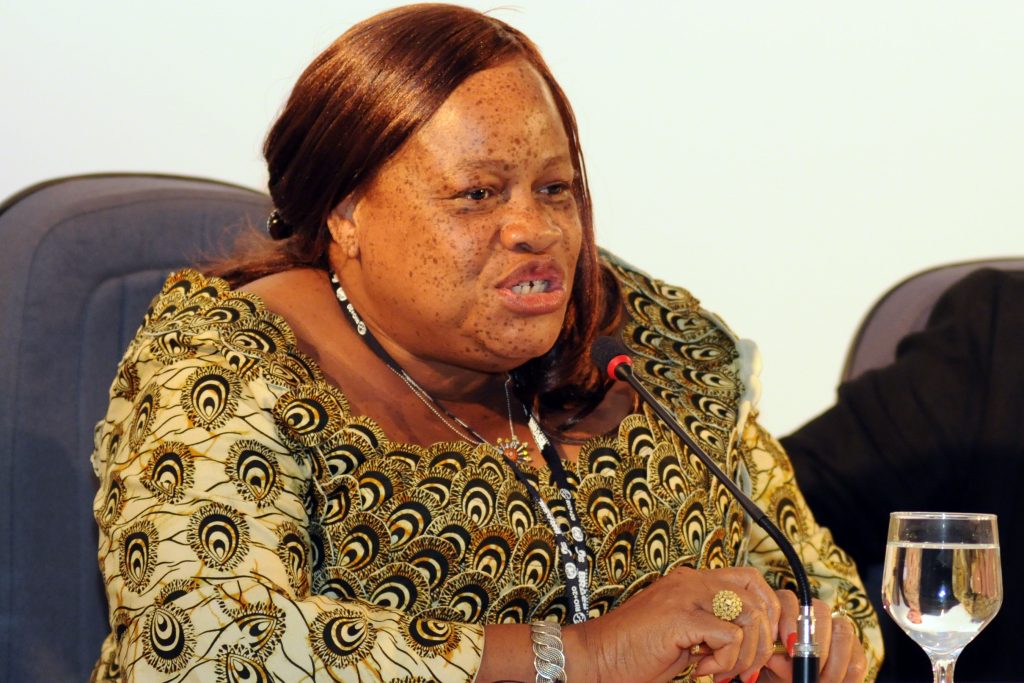Liberia’s Minister of Gender, Children and Social Protection, Julia Duncan Cassell says the untapped potential of women in health has undermined the contribution they could make to effective leadership for health systems strengthening globally.
Minister Cassell attributed this approach to what she observed as the low representation of women in health leadership which has significant implications for population health.
Speaking at the International Council of Nurses Program at the 2017 Congress and share experience on sustainable healthcare and empowering women under the theme, “Nurses at the Forefront Transforming Care” in Barcelona Spain on Monday, May 29, Minister Cassell said leaderships in health require unique competencies to compete with their male counterparts.
She asserted that having women leaders in nursing can help motivate student nurses on how to unlock their potentials by identifying the challenges, highlighting role models, and sharing successful strategies used to become effective health leaders.
“I want to encourage you to participate politically in health leaderships in governments so that you will break the social and cultural norms, initiating new innovations, taking risks, and pushing limits.”
“Most times, women or nurses are complacent about politics and want to remain professional; this narrows your ability to “take a seat at the table,” she asserted.
Minister Cassell further reminded the health practitioners that healthcare is a professional and a political field, and addressing the vulnerabilities of women requires their participation in the political sphere pointing out that this has been challenging because there are still differences in how men and women are perceived with the expectation of women been at the back and the men at the front.
She stressed that ensuring political participation of women is a sustainable means of achieving equity because it slowly changes the culture and puts shared power and responsibility on both men and women in driving society forward.
She craved governments’ attention to make it their responsibility; in both national and global policy initiatives, whether in achieving and sustaining universal access to health care, recruiting, supporting and retaining the healthcare workforce or ensuring sustainable development.
The Liberian Gender Minister also called on women leaders to highlight sustainable solutions for the empowerment of girls and women health leaders.

“We need to begin by creating scholarship opportunities for women to attend formal leadership training in schools of medicine, nursing, public health, and other health-related fields, especially in countries with low education grade for nurses.”
She reminded the gathering that the overarching theme of the Sustainable Development Goals is the elimination of poverty so that no one in society is left behind and with healthcare being at the center of the SDGs, nurses are also the key to the achievement of such goals.



